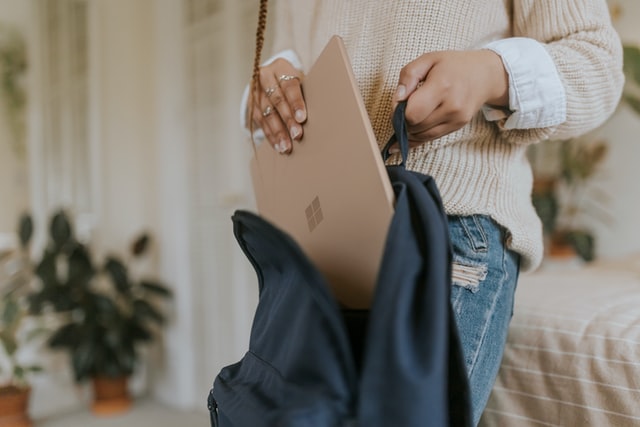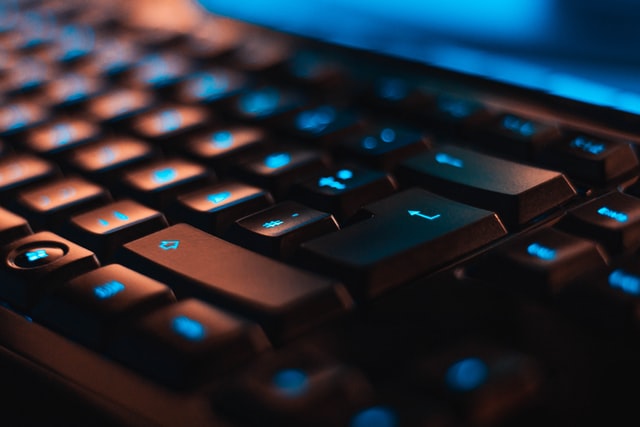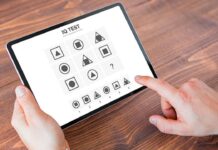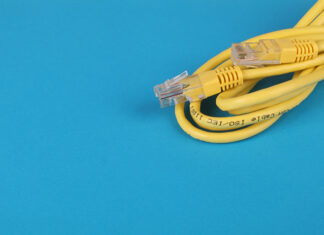Tools and functions available today – also built into Windows – allow you to easily access your own computer wherever it may be. But maybe this is a thing that promotes computer hacking? Can someone access my computer remotely without me knowing?
Certainly, nobody would like to be in a situation where before an important conversation during a delegation in another city, it turns out that the presentation or work to be discussed is on the desktop of your computer at work / at home. The solution in such cases is to use functions and tools that enable remote access to your computer.
When can remote access to your own computer be useful?
There are many scenarios and possible applications of remote access. Most of them, however, rely on access to folders and files stored on your home computer. It is worth remembering that the alternative to ensuring constant access to your own files from anywhere in the world are data clouds, i.e. online user data storage services such as Dropbox, OneDrive, Google Drive and many, many more. So if a service like Dropbox gives the user access to their data from anywhere in the world, does using remote access still make sense? Of course. Remote connection with your own computer gives access not only to its disk resources, i.e. files and folders of the user, but to all functions performed by the computer with which we are remotely connected.

How about these hacking into your computer?
Normally the computer must have all remote access tools turned on, so you can’t get such access from the outside – if someone attempts to turn on such tools from the outside, then it presupposes establishing a remote connection, etc., so it’s a contradiction – unless a virus does it, i.e. enables system tools or installs an access program – then it works like a normal virus;
When you have an Internet connection, the chance of unwanted hacking from hackers and cyber criminals increases. This can happen even if it is not allowed by you. For example, the way they can access your computer may be to deploy malware through fake emails and links that you might accidentally open.
But how do you know if someone is browsing your computer remotely?
- Check recent activities
If you want to know that someone has access to your computer, then first of all you should check your recent activities. If unexpected changes have occurred, it means that someone is browsing your computer remotely. If you have a computer running Windows, you can easily check your recent activities by opening the Documents -> This Computer -> File Explorer folder. You can simply press Windows + E and click Quick Access in the upper left menu. You will be able to see all the files you have accessed in the recent past.
- Check your browser history
Another way to check if someone has access to your computer is to check your browser history. If it’s a hacker, they would definitely be sure to delete their browser history, but if they make a mistake, you’ll find out that someone was using your computer without your permission.








